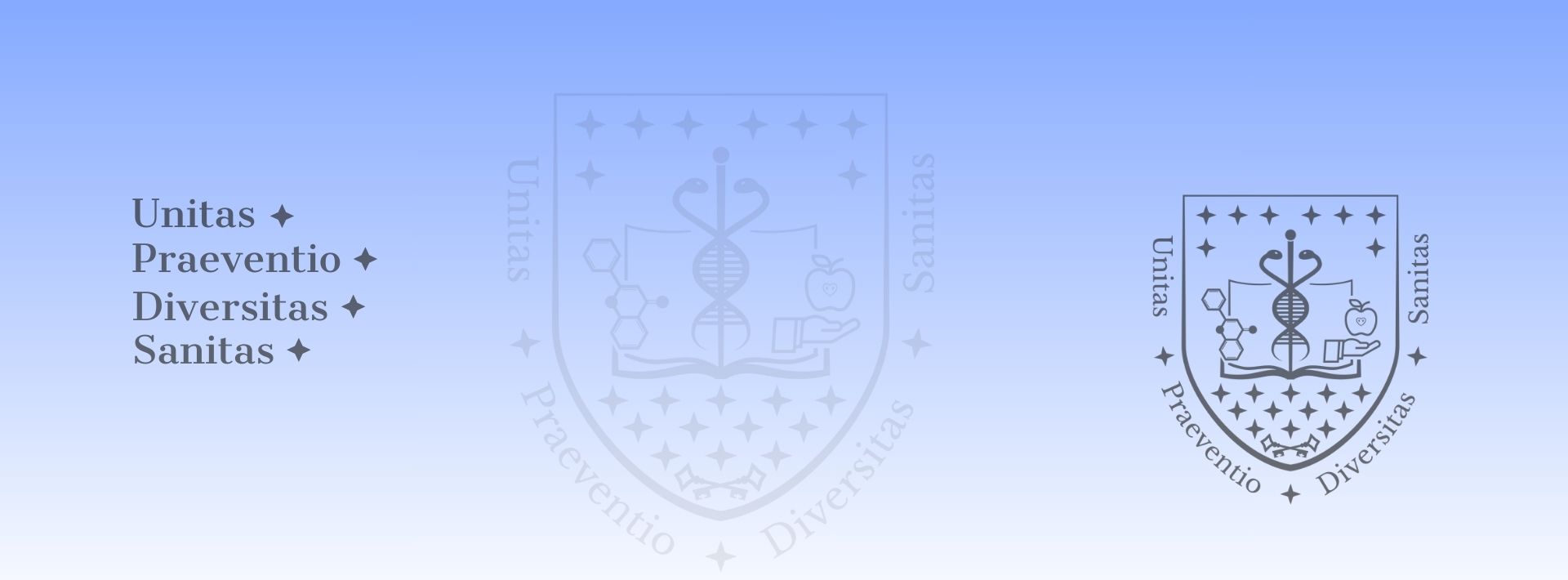Data
Official data in SubjectManager for the following academic year: 2024-2025
Course director
-
Girán János
assistant professor,
Department of Public Health Medicine -
Number of hours/semester
lectures: 24 hours
practices: 0 hours
seminars: 0 hours
total of: 24 hours
Subject data
- Code of subject: OSF-ARV-T
- 2 kredit
- Dentistry
- Optional modul
- autumn
-
Course headcount limitations
min. 5 – max. 20
Available as Campus course for . Campus-karok: ÁOK
Topic
A significant part of its social phenomena and processes is directly related to the issue of health. The primary goal of the course is to analyze the connections of the social phenomena included in the topic with the topic of health. During the semester, it will be processed how social, cultural, educational, economic and other influences can shape the health status of individuals and how communities think about health. Presentations built on the basis of the given literature can contribute to the fact that the less well-known aspects of the social factors that determine the health situation are more noticeable.
Lectures
- 1. The rise of cities and process of urbanisation - Girán János
- 2. Urbanisation and globalisation - Girán János
- 3. Health protection in urban environment - a historical approach I. - Girán János
- 4. Health protection in urban environment - a historical approach II. - Girán János
- 5. Positive health impacts of modern cities I. - Girán János
- 6. Positive health impacts of modern cities II. - Girán János
- 7. Positive health impacts of modern cities III. - Girán János
- 8. Negative health impacts of modern cities I. - Girán János
- 9. Negative health impacts of modern cities II. - Girán János
- 10. Negative health impacts of modern cities III. - Girán János
- 11. Climate change and urban health I. - Girán János
- 12. Climate change and urban health II. - Girán János
- 13. The WHO Healthy Cities movement - Girán János
- 14. Applying setting approach to city health development initiatives - Girán János
- 15. Healthy public policy - Girán János
- 16. The ”Health in all policies” and the ”whole-of-government” concepts to support urban health initiatives - Girán János
- 17. Shaping cities for health I. - Girán János
- 18. A Shaping cities for health II. - Girán János
- 19. Urban health best practices – an overview from Hungary I. - Girán János
- 20. Urban health best practices – an overview from Hungary II. - Girán János
- 21. Urban health best practices – an international overview I. - Girán János
- 22. Urban health best practices – an international overview II. - Girán János
- 23. Summary - Girán János
- 24. Summary - Girán János
Practices
Seminars
Reading material
Obligatory literature
-
Literature developed by the Department
Neptun
Notes
-
Recommended literature
WHO (2016) Health as the Pulse of the New Urban Agenda United Nations Conference on Housing and Sustainable Urban Development Quito 2016
WHO (2016) Global report on urban health: equitable, healthier cities for sustainable development. World Health Organization, Geneva, Switzerland,
Bai, X., Nath, I. Capon, A. Hasan, N. Jaron, D. (2012) Health and wellbeing in the changing urban environment: complex challenges, scientific responses, and the way forward = Current Opinion in Environmental Sustainability 2012, 4:465–472
ICSU (2011) Report of the ICSU Planning Group on Health and Wellbeing in the Changing Urban Environment: a Systems Analysis Approach. International Council for Science, Paris
WHO (2010) Hidden cities: unmasking and overcoming health inequities in urban settings. World Health Organization, The WHO Centre for Health Development, Kobe, and United Nations Human Settlements Programme (UN-HABITAT)
Conditions for acceptance of the semester
-
Mid-term exams
-
Making up for missed classes
No make-up classes
Exam topics/questions
Neptun
